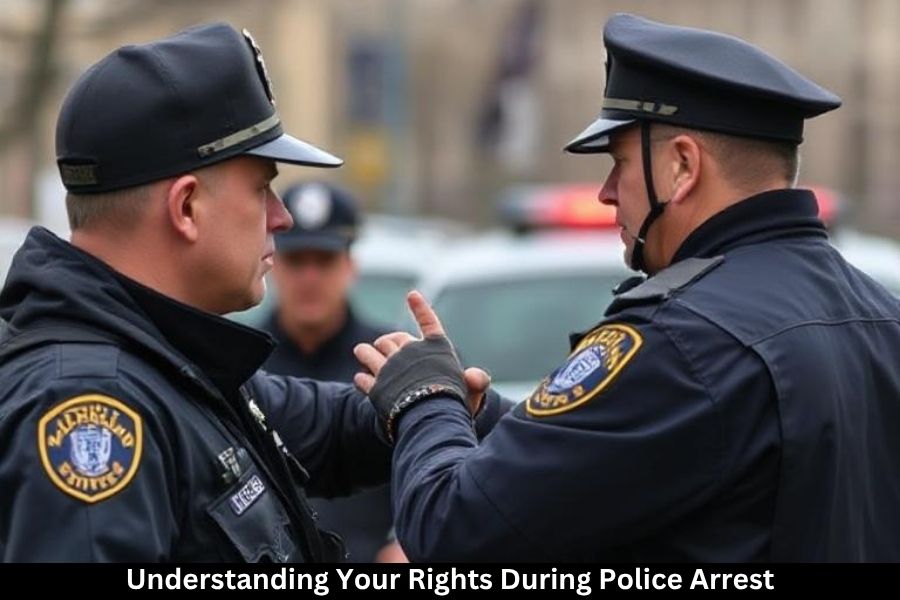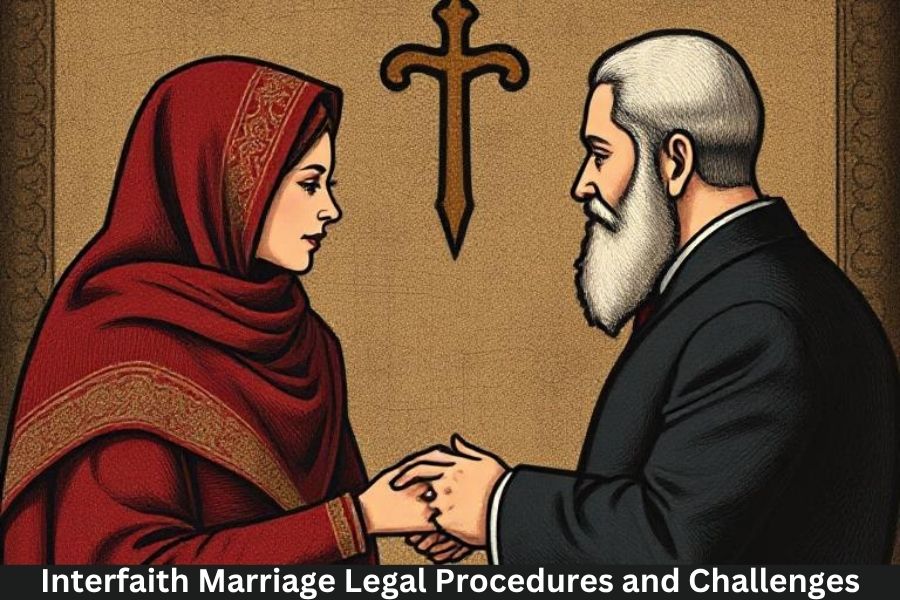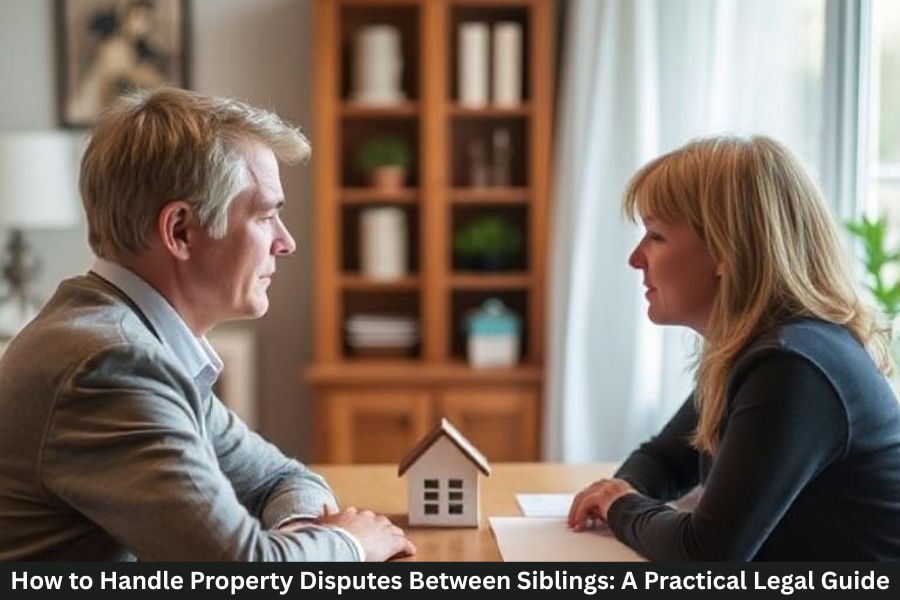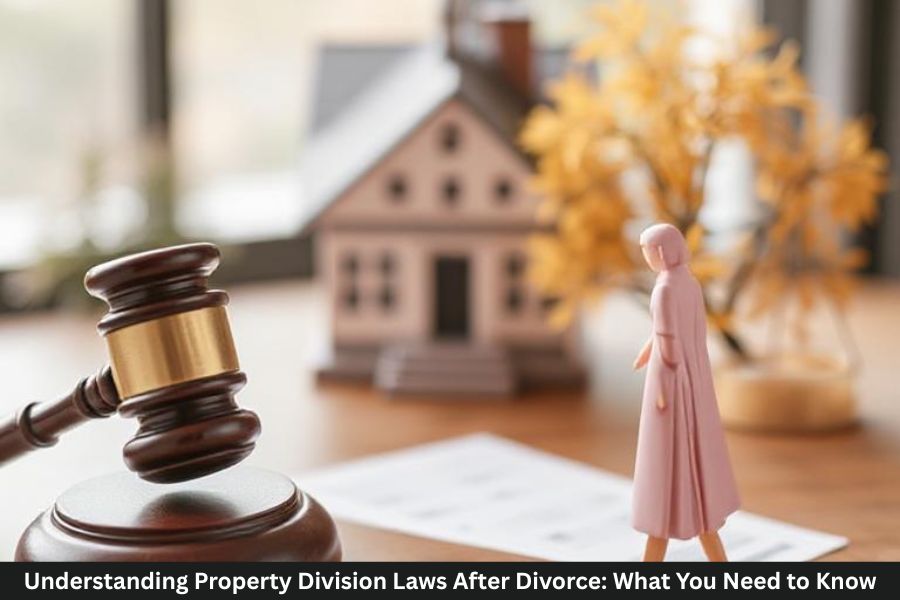Being arrested can be one of the most stressful and confusing experiences of your life. Whether you’re guilty or innocent, what you do in those critical moments can have a lasting impact on your case. That’s why it’s crucial to understand your rights during a police arrest—they’re designed to protect you from abuse, intimidation, and wrongful prosecution.
Why Knowing Your Rights Matters
When police make an arrest, emotions can run high. Many people panic, say too much, or resist, not realizing they’re making their situation worse. Knowing your rights helps you stay calm, assert yourself respectfully, and ensure the legal system treats you fairly.
What Constitutes a Police Arrest
Legal Definition of an Arrest
A police arrest occurs when law enforcement restricts your freedom to leave using authority or physical restraint. You are officially “under arrest” once you’re told so or when your actions are clearly restricted by police.
Difference Between Detention and Arrest
A detention is temporary—police may stop you to ask questions but cannot hold you indefinitely without probable cause. An arrest, however, requires sufficient evidence or a warrant issued by a judge.
Your Basic Rights During an Arrest
The Right to Remain Silent
You have the constitutional right to stay silent. Anything you say can—and likely will—be used against you in court. Politely inform officers that you are exercising this right.
The Right to Legal Counsel
You are entitled to an attorney, even if you cannot afford one. If necessary, the court will appoint a public defender at no cost to you.
The Right Against Unlawful Search and Seizure
Police cannot search you, your vehicle, or your home without a valid reason, warrant, or your consent—unless an exception applies.
Miranda Rights Explained
What Are Miranda Rights?
These rights stem from the Miranda v. Arizona (1966) Supreme Court case. They require police to inform you of your rights before interrogation.
When Police Must Read Them
Officers must read you your Miranda rights after arrest and before questioning. If they fail to do so, your statements may not be admissible in court.
What Happens if They Don’t
If police question you without reading your rights, your lawyer can file a motion to suppress that evidence—potentially weakening the prosecution’s case.
What You Should and Shouldn’t Do During an Arrest
Stay Calm and Cooperative
Do not argue or resist. Even if you believe the arrest is unjust, stay composed. Fighting back could result in additional charges like resisting arrest.
Avoid Self-Incrimination
You are not obligated to answer questions about your activities, whereabouts, or relationships. Instead, calmly say, “I wish to remain silent and speak with my attorney.”
Request an Attorney Immediately
Never give statements, sign documents, or agree to searches without consulting your lawyer first.
Search and Seizure Laws
When Police Can Search You
Officers can search you:
- With your consent
- With a valid search warrant
- If you’re being arrested (for weapons or evidence)
- When there’s probable cause or immediate danger
Your Right to Refuse a Search
If police ask to search your belongings, you can legally refuse unless they have a warrant or probable cause. Always state your refusal clearly but politely.
Exceptions to Search Warrants
Certain emergency situations—like preventing evidence destruction or pursuing a fleeing suspect—allow police to search without a warrant.
Arrest Warrants: What You Need to Know
An arrest warrant is a legal document issued by a judge authorizing police to detain a person suspected of a crime. Officers must show or explain the warrant upon request, including the charges and issuing court.
Your Right to Know the Charges Against You
Once arrested, you have the right to be informed of:
- The specific charges against you
- The evidence or probable cause
- Your court appearance schedule
This ensures transparency and allows your defense attorney to prepare your case effectively.
The Role of Bail and Pre-Trial Rights
After arrest, you may be eligible for bail, allowing temporary release until trial. The Eighth Amendment prohibits excessive bail, ensuring it’s fair and proportional to the offense.
Rights of Minors During Arrest
Minors (under 18) have additional protections:
- Parents or guardians must be notified immediately.
- Interrogations must occur in the presence of a parent or attorney.
- Juvenile records are often sealed or protected to preserve future opportunities.
What to Do If Your Rights Are Violated
If you believe police violated your rights:
- Stay silent and compliant during the encounter.
- Document everything afterward—names, badge numbers, witnesses.
- Contact an attorney to file a formal complaint or lawsuit.
Never argue on the scene; handle violations legally through your lawyer.
Common Myths About Police Arrests
- “If they didn’t read me my rights, the case is dropped.”
Not always. It only affects what evidence can be used in court. - “I have to answer every question.”
False—you have the right to remain silent. - “I can resist an illegal arrest.”
Never resist physically. Challenge it later through legal channels.
Legal Protections After the Arrest
After being booked, you still have rights:
- Access to a lawyer
- The right to make a phone call
- Protection from excessive bail
- The right to a fair and speedy trial
Law enforcement must follow due process from start to finish.
Conclusion
Being arrested is intimidating, but knowledge is your greatest defense. Knowing your legal rights during a police arrest empowers you to protect yourself, remain calm, and prevent officers from overstepping their authority. Always remember: you have the right to remain silent, to legal counsel, and to fair treatment—use them wisely.
FAQs
1. Can I refuse to talk to the police during an arrest?
Yes. You have the right to remain silent under the Fifth Amendment.
2. What should I do if police don’t read my Miranda rights?
Tell your lawyer immediately. They can request that your statements be excluded from evidence.
3. Can police search my phone during an arrest?
Not without a warrant, unless there’s an urgent reason like preventing evidence destruction.
4. How long can police hold me after an arrest?
Typically, 48–72 hours before a court hearing, depending on state law.
5. Do I have to let police enter my home without a warrant?
No. Unless it’s an emergency situation, they must have a valid warrant to enter.



